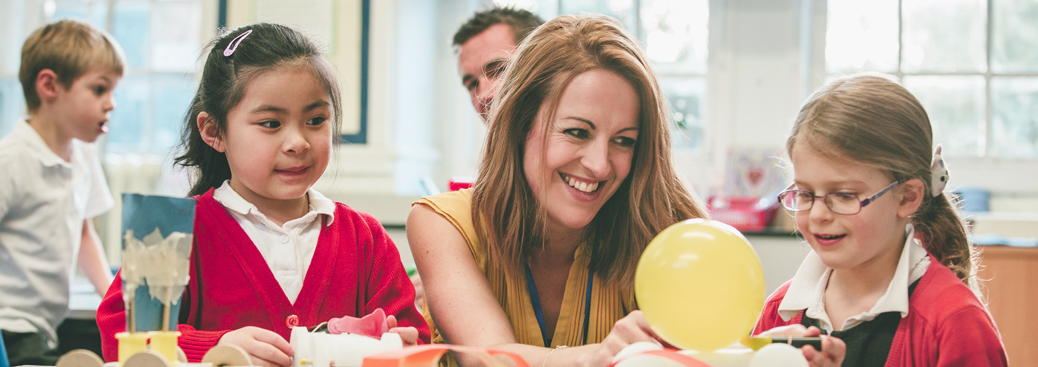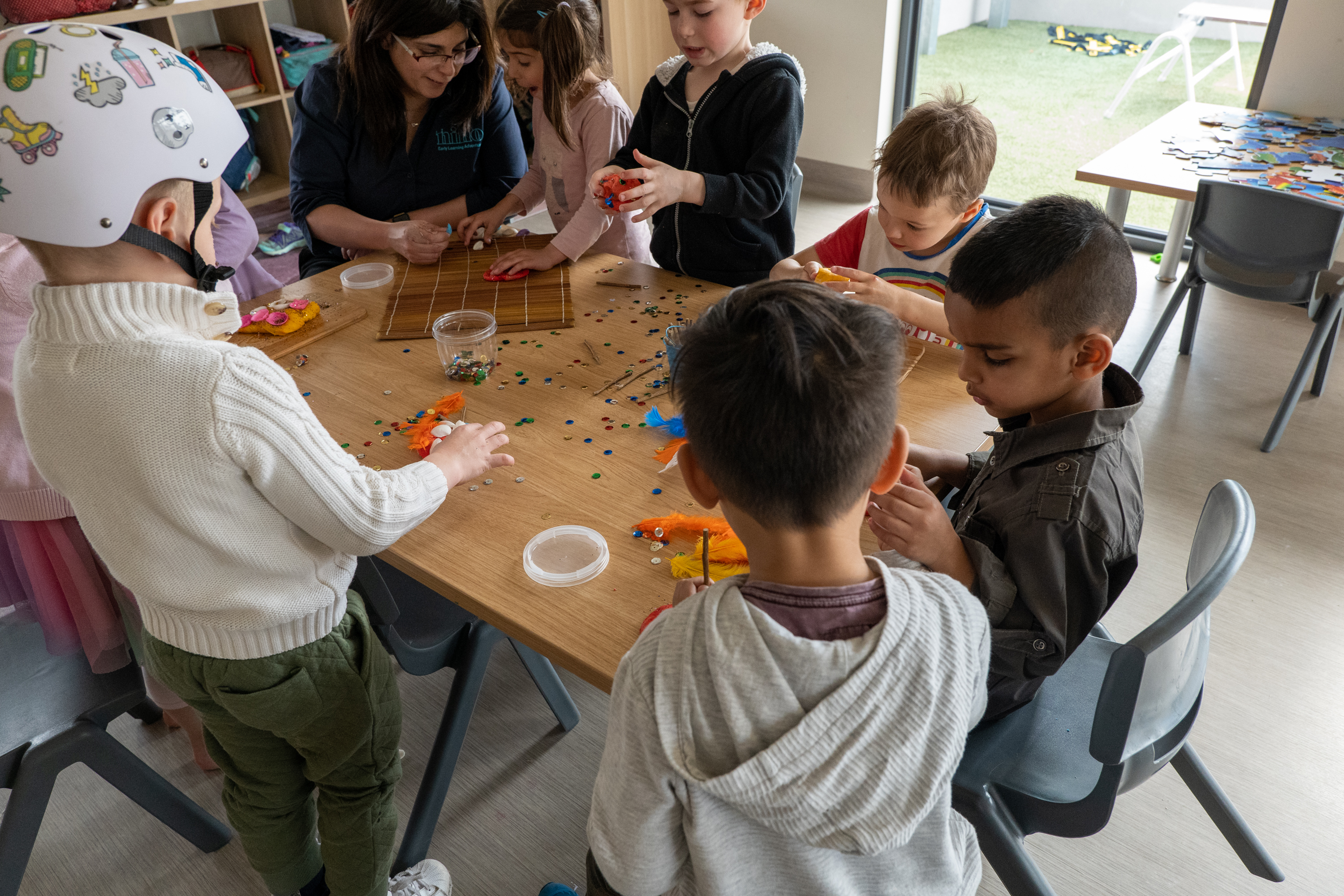Welcome Early Childhood Education and Care Centres
Here you will find a guide to developing an inclusive centre culture, and AllPlay Learn resources that can support your centre with the inclusion of children with disabilities and developmental challenges.
Developing an
Inclusive Centre Culture

Illustrations of practice

Centre culture
- Create a whole-centre approach to inclusion through establishing a centre culture that celebrates diversity in all aspects of life at the centre. See AllPlay Learn's being different poster
- Develop an ‘Inclusion Policy’ that promotes the value and importance of inclusion to all educators, children and families
- Welcome children with disabilities into the centre community and support their transition from home into your early childhood education and care setting, and from your centre to school settings. Access AllPlay Learn's transitions page
- Educate educators, children, families, and the community about disability and the rights of children with disabilities in an informed and sensitive manner. Access AllPlay Learn's Inclusion resources here
- Create a centre environment that supports the safety, inclusion and wellbeing of children with disabilities in the centre and in the community
- Facilitate positive peer relationships and actively teach children how to be inclusive. Access more information about supporting children with social skills here

Relationships with families
- Get to know the goals and aspirations that families have for their children with disabilities and involve them and their child in decisions about their child’s education. Access AllPlay Learn's communication checklist
- Work in partnership with children with disabilities and their families to create positive educational experiences and to help them achieve their learning goals. Access AllPlay Learn's guide to parent-educator meetings and inclusive questions page
- Consult with families and children on a regular basis, involving any external specialists or other support people who engage with the child. Collectively engage in Observation, Planning, Implementation and Evaluation to maximise children’s learning


Educator training and support
- Educate all educators about their obligations as set out in the Disability Standards for Education to provide equitable access to education for children with disabilities
- Appoint an appropriately trained Educational Leader (or Inclusion Champion) to support the full inclusion of children with disabilities and the ongoing professional learning of educators at the centre
- Use evidence-based strategies when teaching and engaging with children with disabilities or developmental challenges. We have provided a summary of strengths- and evidence-based strategies that cater for a broad range of disabilities on the inclusive educator strategies page. For strategies for specific disabilities, access our disability strategies page, and for strategies to support students with disabilities with specific situations they may find challenging access our daily strategies page
- Use strength- and evidence-based strategies, resources and tools to differentiate the curriculum for children with disabilities. Teachers can learn more about this by taking part in the AllPlay Learn professional learning courses
- Encourage peer support and collaboration among educators to further their confidence and capacity to work with children with disabilities and their families
- Engage in collective and critically reflective discussions asking questions as a team such as: What is the learning that is valued in this centre? How are we ensuring that all children have fair and equitable opportunities to achieve this?
- Identify and manage mental health risks in the workplace, and develop a proactive work environment that supports positive wellbeing for educators, families and children. For more resources on mental health in the workplace, visit Heads Up and Beyond Blue

Access specialised support services
- Engage program support groups who can provide early childhood intervention professionals, medical practitioners, therapists or other allied health professionals to support children’s learning
- Engage the support of a preschool field officer by referring children and families who would benefit from specialist support at the centre

Support and engagement with children
- Identify and implement the type and level of support or interventions that are required to support and improve children’s learning and development by actively helping them learn key skills to enable positive behaviour, and through addressing structures surrounding the child that may contribute to the behaviour. Access more information on social skills, emotion regulation and the ABC approach to behaviour
- Support children’s well-being, good mental and physical health, including attachment, positive affect, resilience and self-regulation. Access AllPlay Learn's stories, print our emotion cards in colour or black and white and use them as a discussion point in a mat time sharing different feelings children may have, and enjoy using this breathing and relaxation illustration of practice


Take a tour
Take an online tour to learn more about how the AllPlay Learn resources can support children in early childhood educational environments.

